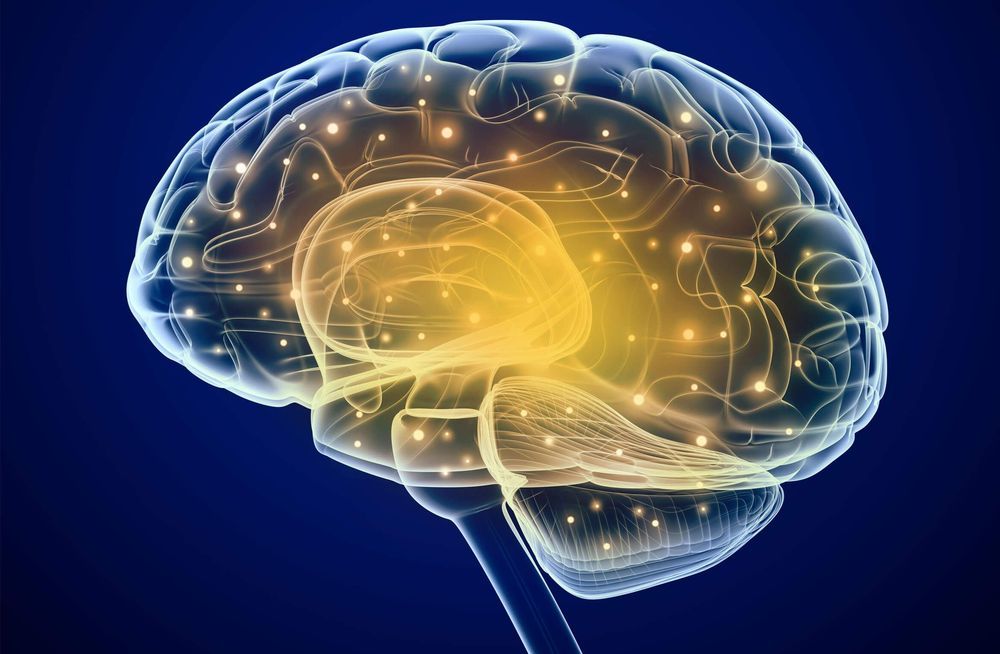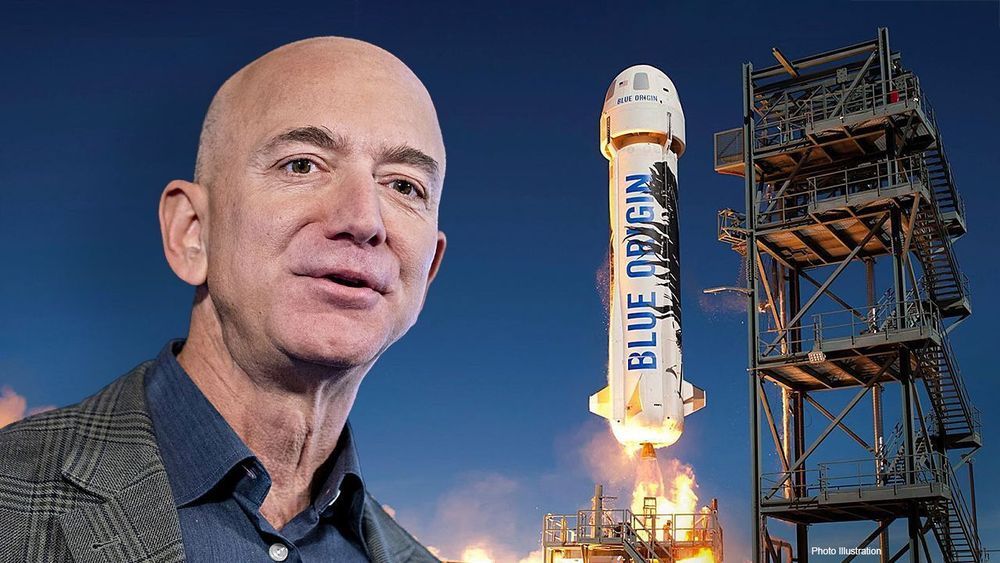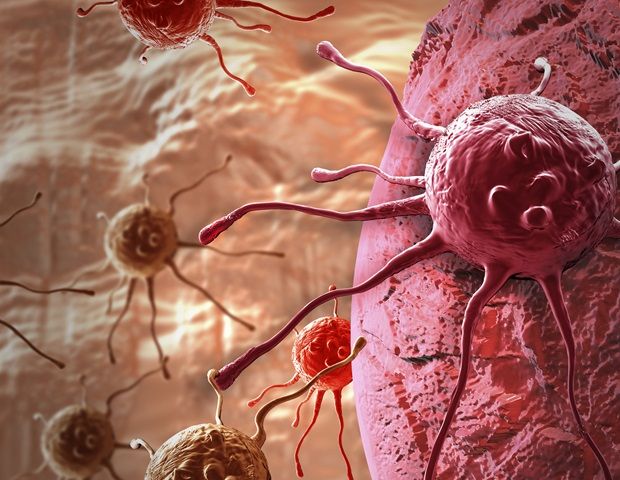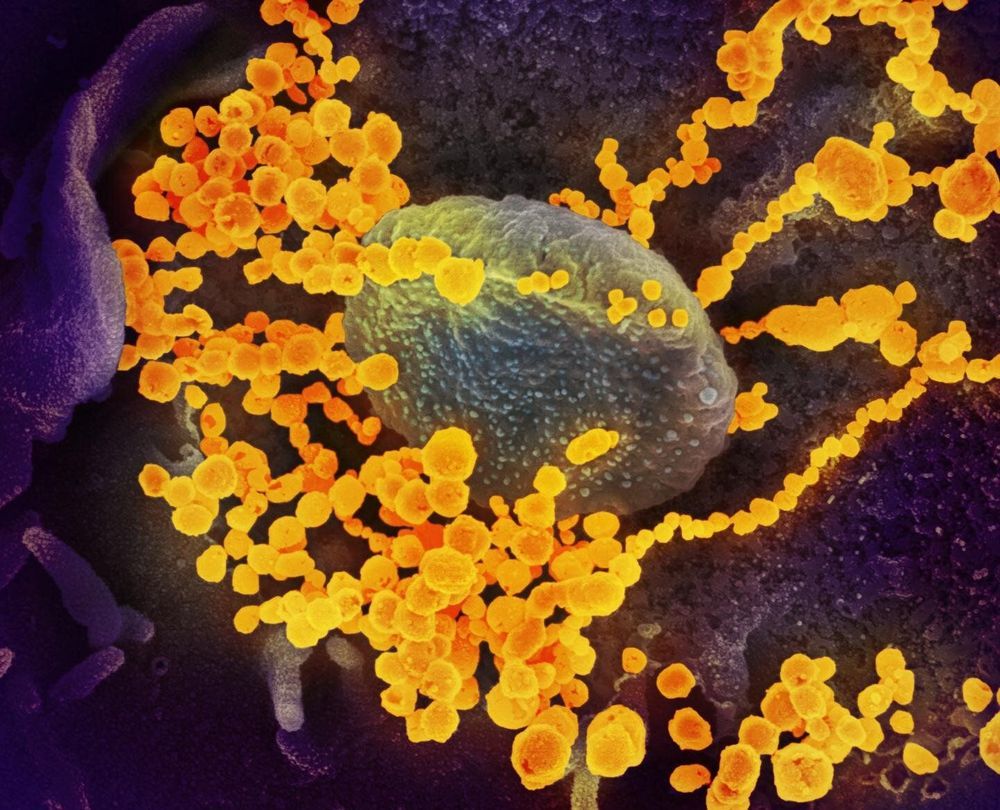A recent international scientific study published in the journal PLOS ONE has shown that the way the brain stores temporary information is different depending on the use one might give to that information in the future.
The research analysed the brain activity of 14 participants through functional magnetic resonance imaging while they were performing simple visual memory tasks on a computer screen. Differences in their brain activity patterns were found between participants who had to answer by communicating verbally or by pressing a button.
The memory that is under study is designated “working memory” and is used at all times. It is the type of memory that allows us to memorise a phone number or a license plate and use that information after (or not). This information is used and processed and, if it proves to be important, stored in the long-term memory.







